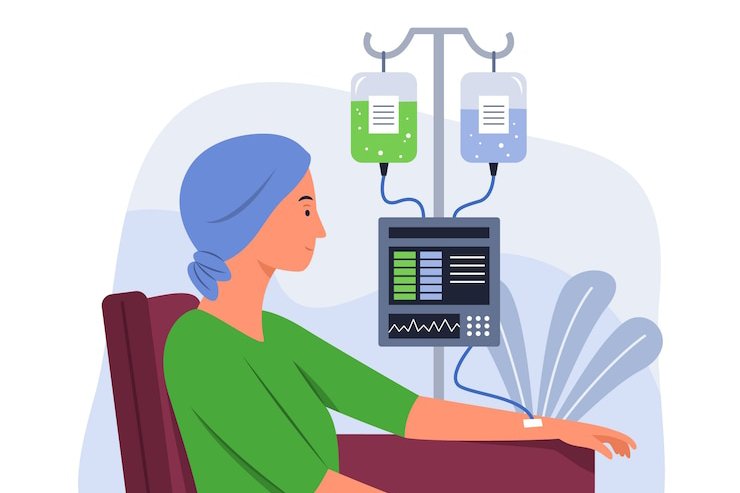The Life-Saving Act: Benefits of Blood Donation
Blood donation is more than just a noble deed — it is a simple yet powerful act that saves lives. Every few seconds, someone somewhere needs blood, whether due to an accident, surgery, cancer treatment, or chronic illness. Yet, despite the constant need, blood shortages remain a serious challenge in healthcare systems around the world.
At ITM Hospital, we believe in spreading awareness about the importance of voluntary blood donation and its profound benefits — not just for recipients but also for donors.
1. Saving Lives — The Most Powerful Benefit
The primary and most impactful benefit of donating blood is the potential to save lives. A single unit of donated blood can help up to three patients in need through red cells, platelets, and plasma separation. Whether it's a trauma victim, a child battling cancer, or a mother undergoing surgery, your blood can be the lifeline they desperately need.
2. Health Check-Up with Every Donation
Before every donation, donors undergo a mini health screening. This includes checking:
- Haemoglobin levels
- Blood pressure
- Pulse rate
- Body temperature
- Screening for infectious diseases (HIV, Hepatitis B & C, Syphilis, Malaria)
This routine check-up often helps identify early signs of health issues, making blood donation a form of preventive health monitoring.
3. Stimulates New Blood Cell Production
Donating blood triggers the bone marrow to produce new red blood cells, thereby revitalizing the circulatory system. Within a few weeks of donation, the body naturally replenishes the lost blood, resulting in fresher, healthier blood circulation. This regeneration can be especially beneficial in maintaining good overall health.
4. Reduces Risk of Heart Disease
According to some studies, regular blood donation may help reduce iron overload in the body. Excessive iron levels can lead to oxidative damage — a key factor in the development of cardiovascular diseases. By maintaining healthy iron levels, donors may lower their risk of heart attacks and strokes.
5. Burns Calories and Promotes Weight Management
Donating one unit of blood (approximately 450 ml) can burn up to 650 calories. While it's not a substitute for exercise or a weight loss plan, it can complement a healthy lifestyle by supporting metabolic balance and improving stamina.
6. Enhances Psychological Well-Being
Blood donation is an act of kindness and compassion. Regular donors often report a sense of satisfaction and emotional upliftment after donating. Knowing that your small act might have saved a life can boost self-esteem and reduce stress levels. In some cases, blood donation has even been linked to lower rates of depression and anxiety.
7. Builds Community and Encourages Social Responsibility
Voluntary blood donation promotes a culture of empathy and responsibility in society. It strengthens community bonds, encourages others to participate, and creates a reliable network of donors. Events organized around donation drives also increase public health awareness.
Who Can Donate Blood?
Most healthy individuals aged 18 to 65 years and weighing more than 50 kg can donate blood. However, people with certain medical conditions, infections, or recent surgeries may be temporarily or permanently deferred. It is always best to consult with healthcare professionals before donating.
Conclusion
Donating blood is safe, simple, and incredibly impactful. At ITM Hospital, we encourage everyone eligible to become regular donors and contribute to the life-saving chain. Not only does it benefit those in urgent need, but it also enhances the donor’s own physical and emotional well-being.
So, the next time you have an opportunity — donate blood, save lives, and feel the joy of giving.



